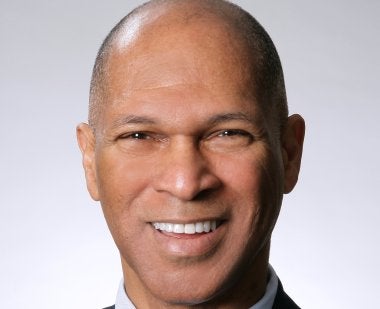
A birth certificate that says ‘colored’ is a ticket to a lifetime of challenges. No one knows this better than Dr. Maurice W. Dorsey (PhD ’83, Education Policy). In various leadership roles over his distinguished 42-year career, Dorsey spent his life working for the public good, while at the same time, making sure that his blackness, and sexual orientation did not overtly threaten the status quo.
At 71 years of age, Dorsey tells a remarkable story. In 1947, Baltimore’s Negro-only Provident Hospital had a polio outbreak, and thus Dorsey was born at home. As the youngest of three siblings, he spent the first part of his life living in Edgewood, Maryland’s segregated, and substandard housing - administered by Edgewood Arsenal (now Aberdeen Proving Ground). The homes had pot belly stoves in the living room, a wood cooking stove in the kitchen, and an icebox.
“My mother kept the house immaculately clean, and it was as nice as it could possibly be in light of the fact that we were considered poor by American standards. As a child, I did not know the difference. We had good food, good clothing, and shelter,” recalls Dorsey. Eventually, the housing was integrated, and improved but still owned by the federal government for the benefit of military, and civilian families. Housing units included a gas range, a refrigerator, wall-mounted kitchen cabinets, ceramic tile bathroom floors, and walls. “There were Negro, White, Hispanic, and mixed race families all living together in the safety of a military environment. It was much better than the off-post housing for Negros. I saw cultural diversity very early in my life living in a relatively stable environment. Once you left military property, the segregation, and racism was highly prevalent,” he adds.
Full Article at The Graduate School


